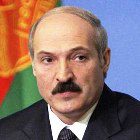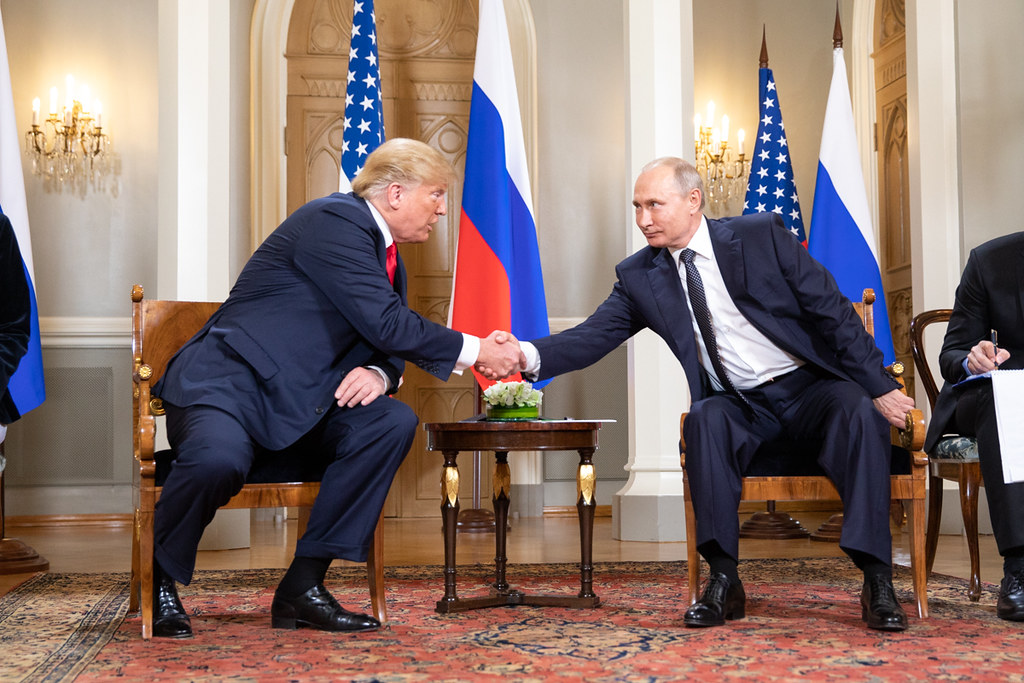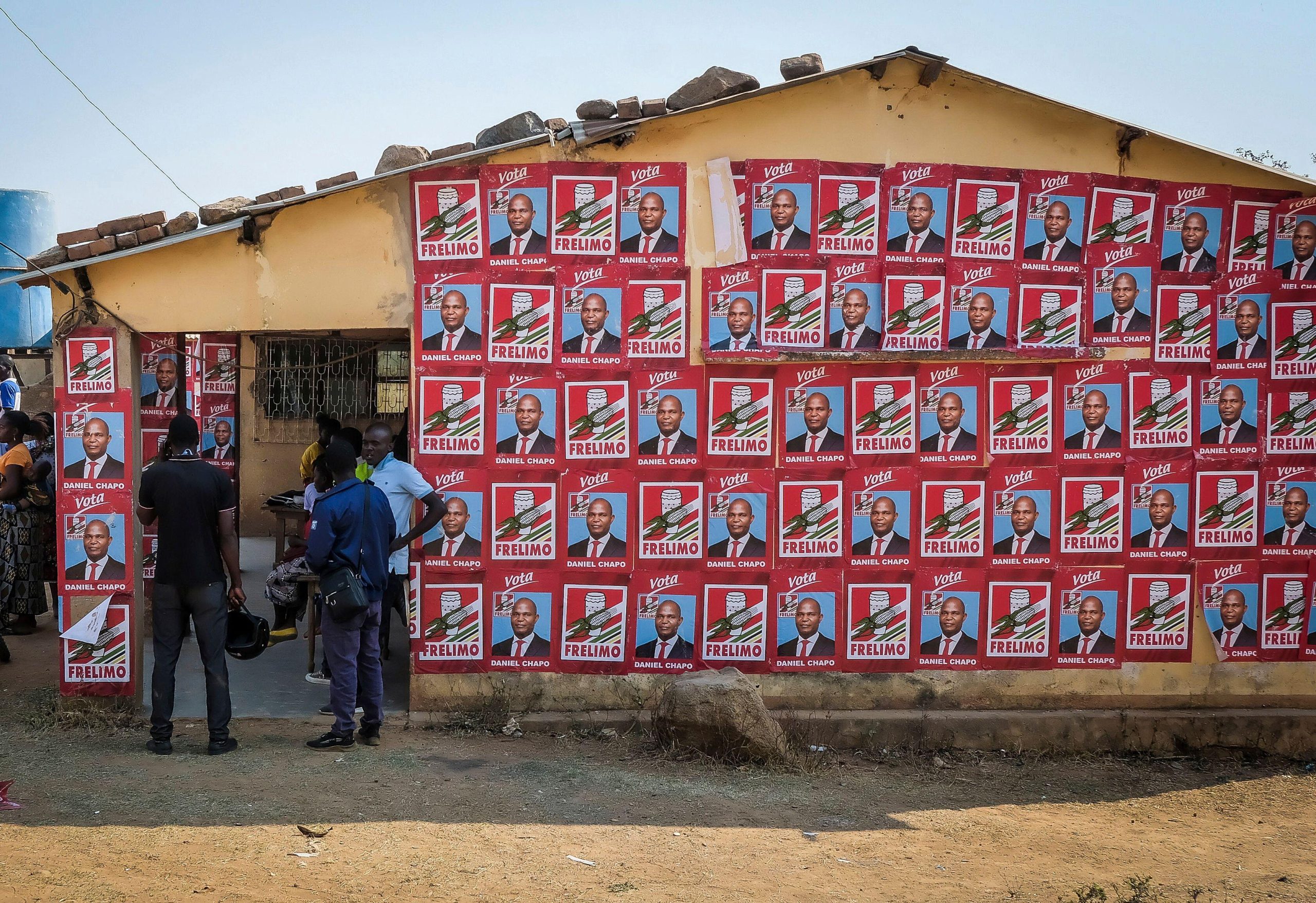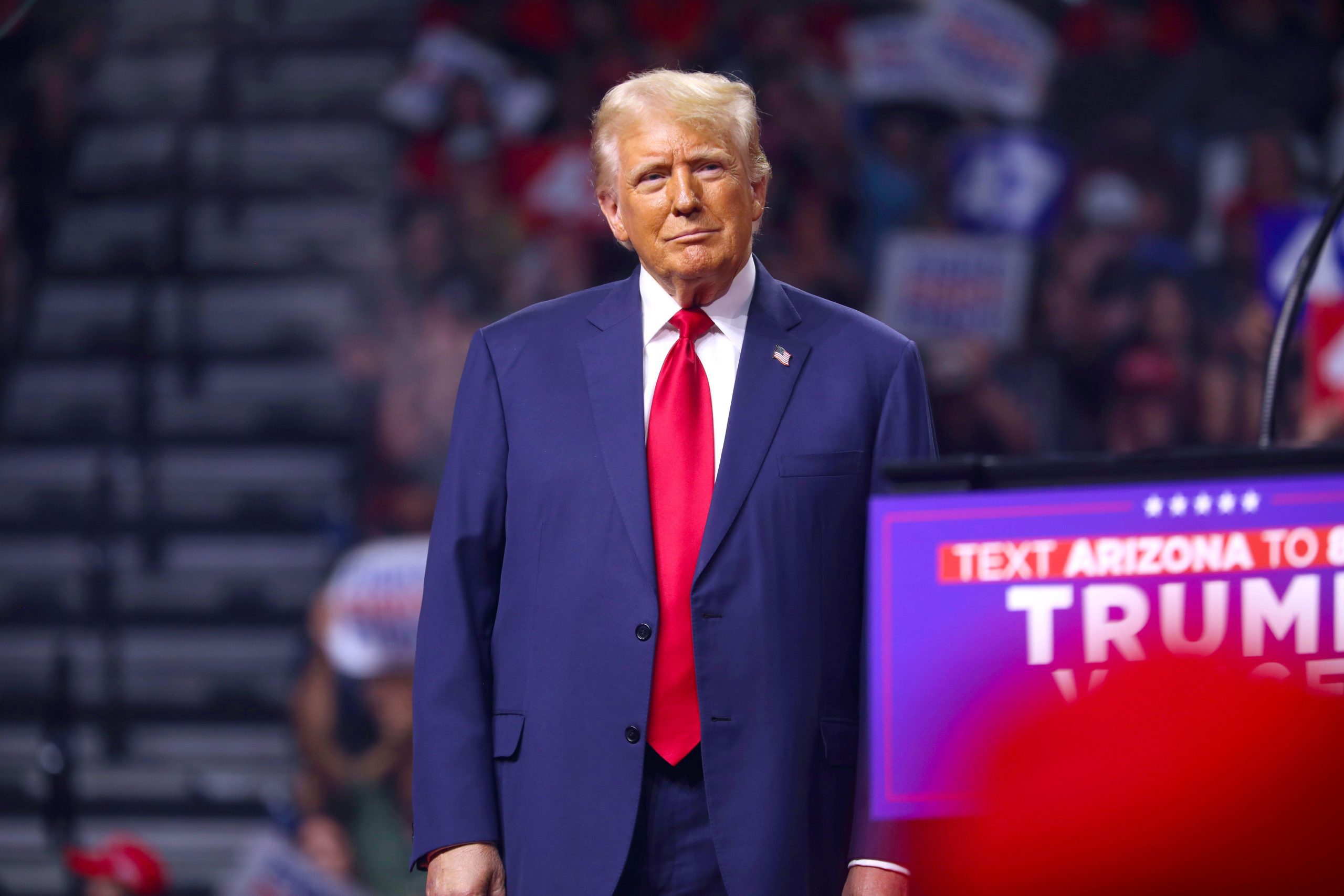Belarus’s president “pardons” nine of 41 political prisoners on 11 August, the same day when US toughened economic sanctions against his regime. Olga Birukova reports
For the list of those released including their biographies click here
“The decision is based on their appeals for pardon, given the fact they have accepted the illegality of their actions, pleaded guilty and repented sincerely”, said an official press-release. Five of the released have been named already: Dmitry Drozd, Artem Gribkov, Serguey Kazakov and Andrei Protasenya. All of them were held in Bobruisk colony and their relatives confirmed they could be released as early as Monday 15 August. Others believed to be nominated for release have been named as Vladimir Loban and Alexander Klaskovsky. So far Belarus’s Ministry of International Affairs has not provided the names of the other three to be released.
According to naviny.by none of the former presidential candidates are on the release list, as none have signed confessions. Other analysts believe they may be released relatively soon, even if they have not appealed for clemency as Minsk seeks ways to improve relations with Europe.
This clemency for a handful of prisoners came on the same day as the US decision to impose additional economic sanctions against four major Belarusian state-owned enterprises: Belshina tyre factory; Grodno Azot, which manufactures fertilizers; Grodno Khimvolokno, a fibre manufacturer; and Naftan, a major oil refinery controlled by the Belneftekhim conglomerate. The new sanctions came in addition to travel restrictions, asset freezes for Belarusian officials, and previous economic sanctions against Belneftekhim. The sanctions may damage the pre-announced plans for the privatization of state owned assets to boost the Belarusian economy (and provide capital to fill the huge current account deficit).
“Only serious economic sanctions can help release all political prisoners in Belarus”, says an open letter, published by charter97 and signed by 18 women, all relatives of those who have suffered political persecution in Belarus or disappeared in suspicious circumstances they challenged Lukashenko.
“Do not be fooled by the words of dictator on the possible release of political prisoners. That won’t happen; instead the bargaining and negotiations will start what likely will lead to payment of some money as advance, but the deal won’t be realised. Do not believe false promises and do not think that economic sanctions can hurt the people of Belarus. The situation cannot be worse. Belarus people are damaged not by external economic sanctions, but by domestic policy. But severe economic pressure can free innocent people from prison, as it was the case with Alexander Kazulin,” the letter says.
Kazulin, Lukashenko’s main rival during the 2006 presidential elections was jailed and finally released on 16 August 2008. According to Belarusian media reports, the regime offered him clemency if he agreed to leave Belarus quietly and emigrate to Germany. He refused. His wife died of cancer whilst he was in jail.
After the release of Kozulin, Belarus received a loan from the International Monetary Fund.
“Possibly here, we see ‘good cop-bad cop’, where the US is the bad cop, whilst Europe can play the role of good cop, who in exchange for the release of political prisoners might provide some [trade] preferences or some measures to promote cooperation, as in 2008”, says Ludmila Gryaznova, chairwoman of “Human Rights Alliance”, an NGO registered in Lithuania and working on Belarusian issues.
Gryaz believes any step towards Belarus would be helpful, as right now the public is worrying not only about Lukashenko’s policies but also by Russian’s approach to Belarus as well. “It would be a very difficult situation for us if we remained in total isolation and we may go under full Russian influence, there is even the risk Belarus will lose its independence as a country”, she added.
Other Belarus analysts also believe that by releasing the political prisoners, Minsk wants to improve relations with West, whilst saving face. Some even believe all political prisoners might be released by September for the next “Eastern European summit”. Meanwhile, Belarus’s opposition are working to prepare their biggest action to date, the “People’s Gathering”, planned for 8 October.






